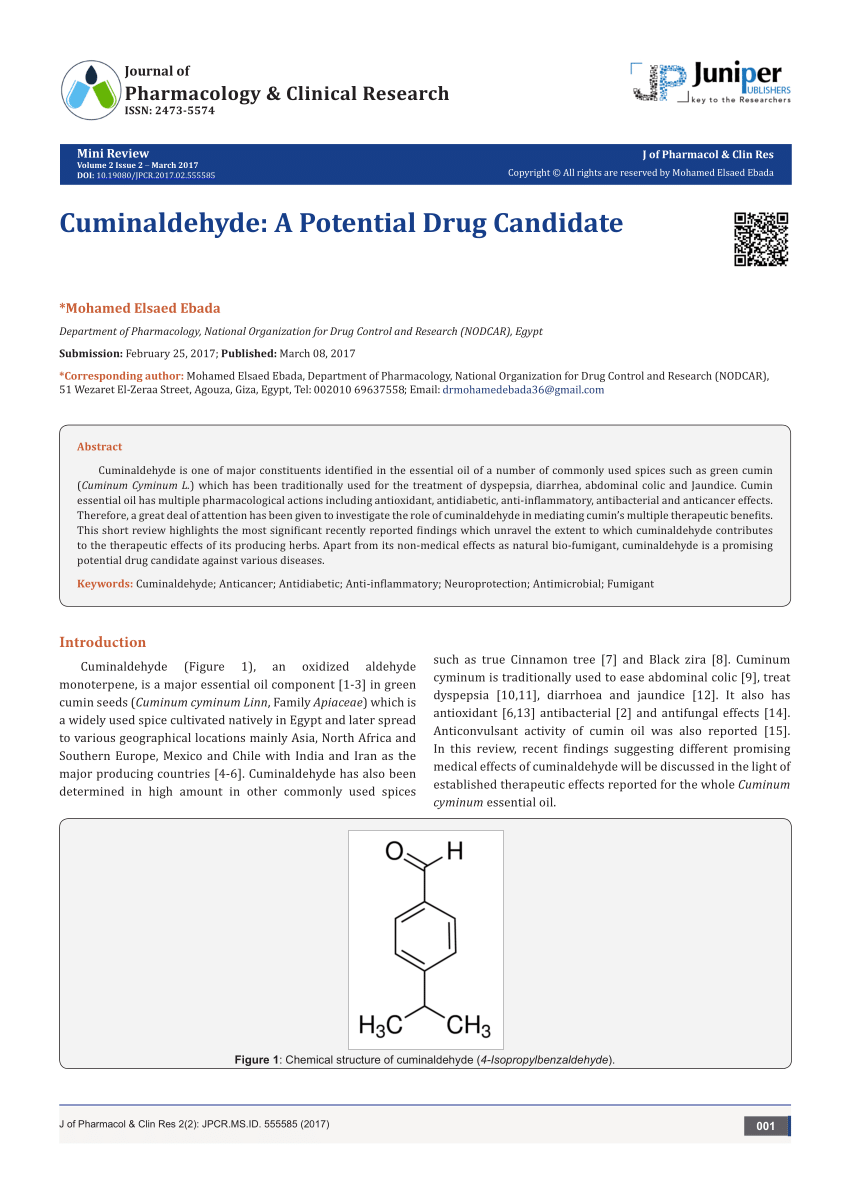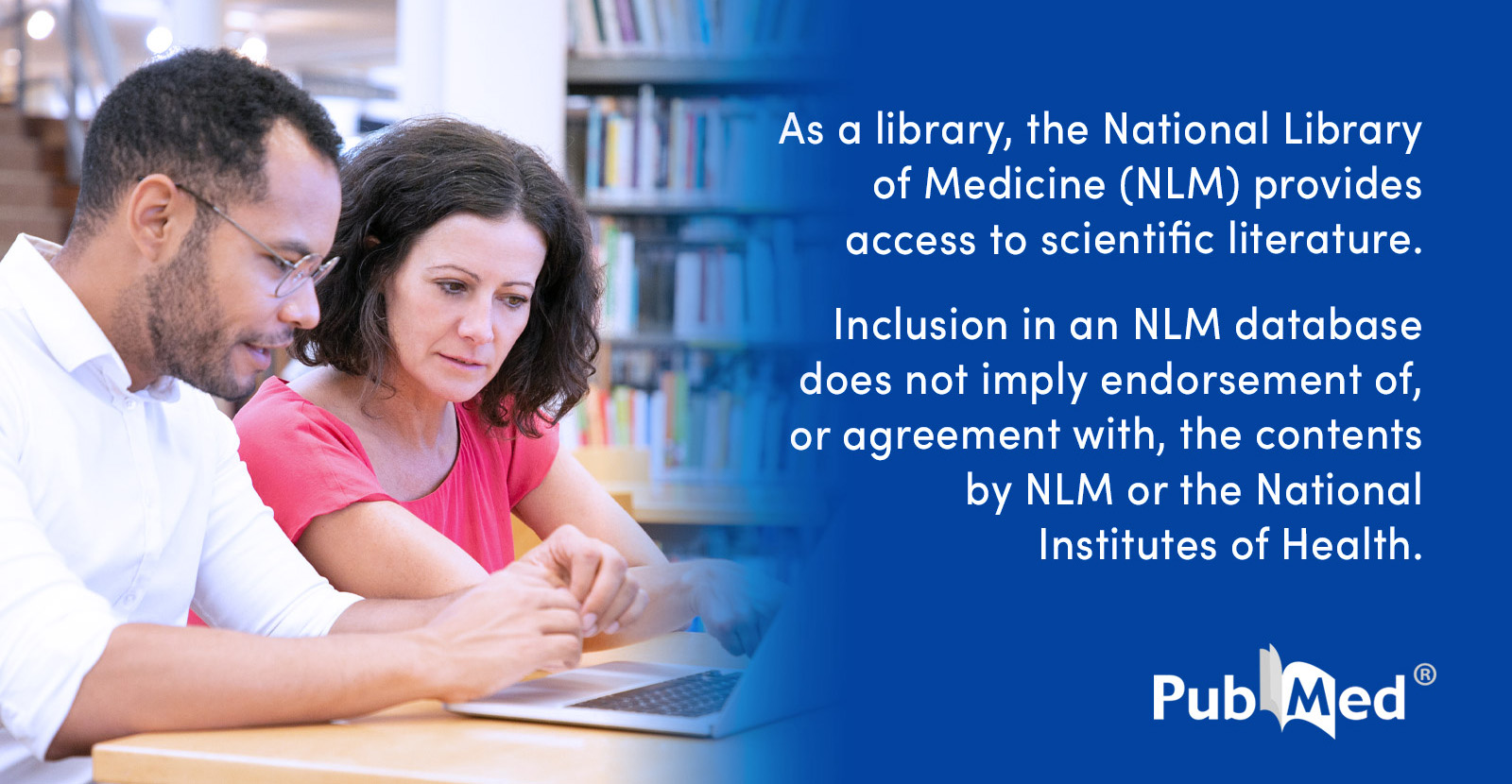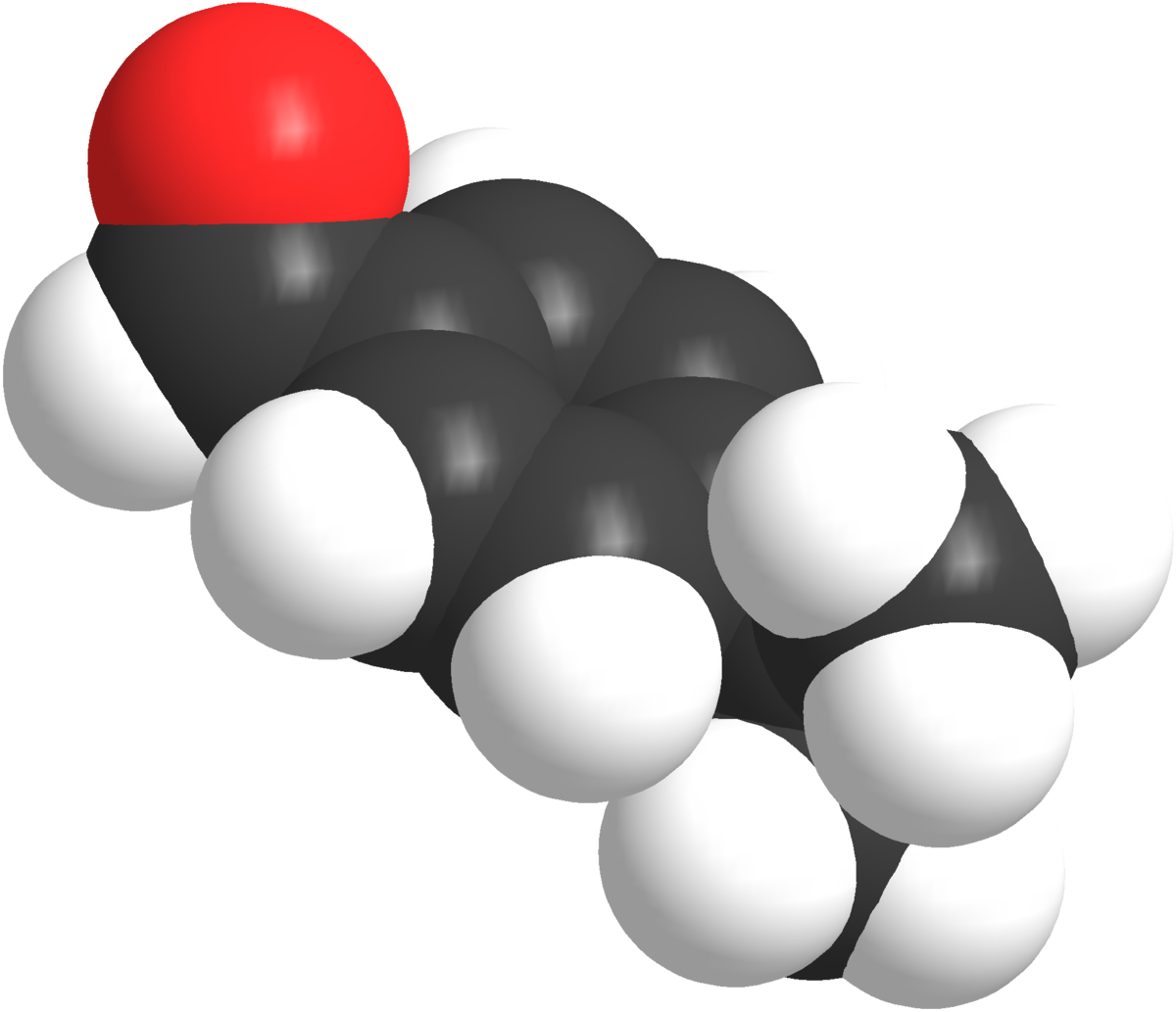I'm pretty sure it's the cuminaldehyde that was doing its magic. I found a list of components for cumin, and tested other herbs with different subset of the components, and I'm pretty sure it was cuminaldehyde. I couldn't find another source of that to verify it.
Many years ago I noticed that a flare-up of symptoms didn't occur as expected. Experimentation showed that it was the cumin in my curry the night before. The first time I took a spoonful of cumin, it gave me temporary (the rest of the day) remission. After taking it for a week or two, I realized that at some point it had stopped working, as is all too common for ME treatments. I tried cumin at least several times a year after that, just in case it would start working again (nope).
A couple of years ago, I did some strenuous activity (chainsawing), fully expecting bad PEM the next day. It didn't occur. My journal showed that I'd had cumin the previous day, so I tried that and found that it indeed blocked my PEM completely. At somewhere under a level tsp it stopped being 100% effective. Over that didn't provide any further benefits other than a slight increase in duration. I did lots of activities that otherwise would have caused PEM, but didn't...unless I forgot to take my dose on time. Even then, taking after PEM developed would block the PEM after an hour or so.
I should mention that while it was 100% effective at blocking physically-induced PEM, it did not block cerebrally-induced PEM (from driving or socializing). My physically-induced PEM had a consistent 24 hr delay, while cerebral activities would trigger PEM more variably, possibly in under an hour. My guess is that physical activities trigger the immune system, which after delays and maybe multiple subsystem activations, triggered some neural response which caused the PEM symptoms. Cerebral activities seemed to be able to trigger the same response directly.
A further experiment I did: I took my tsp of cumin sublingually for 5 minutes or so, and then spat it out and rinsed my mouth out.. It was still effective that way, so it seems that it worked on my brain rather than the gut or body. FWIW, LDN was also more effective sublingually than swallowed, which is part of what convinces me that my ME is mainly in my brain.
I recheck the effectiveness of any treatments I take occasionally, since we and our ME change over time. It took about two years of every-3-days cumin before a recheck (doing activity after missing the scheduled dose) before I found that the PEM didn't occur. It's been (half a year?) since that happened, and I haven't had PEM since. Thus I consider it cured.
I had another issue that I thought was unrelated to PEM: years into my ME, I felt my baseline ME symptom severity increase, and I could restore the previous baseline level by taking T2 (3-5 diiodothyronine) or just iodine (part of which the thyroid gland converts to T2). Supplemental T4 and T3 gave me no noticeable effect, so it was specific to 3-5 T2. As with cumin, the first few times gave me temporary remission, then stopped working. Experimentation showed that if I took T2 daily, it would stop working after a few days. What I ended up with was one 100 mcg dose every 21 days. I'd often forget my dose, but I'd start feeling much lousier, and eventually think: "Oh, when was my last dose?" and my worsening would be 21 days after the previous dose. That was such a consistent long delay and an abrupt change of severity that it must mean something, but I haven't figured out what. Anyway, that problem seems to have gone away at the same time that I stopped needing cumin to block PEM, and that should mean something too.
As for experimenting with cumin, I tried it straight (I didn't really like the taste, but it wasn't unpleasant either). Cooking (in sauces or in pancakes) didn't seem to inhibit it, so steeping as tea might be safe too. Cumin's cuminaldehyde content does vary with where it's grown, so some varieties might be less effective, but I tried two or three no-name brands of ground cumin and bulk-bin seeds from a couple of different stores, and all seemed equally effective. I didn't experience any side-effects either.
One thing I never got around to trying was perilla (beefsteak plant) which contains perillaldehyde, which might have worked too. If someone finds a benefit from cumin, but hates the taste, perilla might be worth trying.
As for theories for why it worked for me, I'm still searching. There's just not a lot of research that's been done on cuminaldehyde. I found one mention of cuminaldehyde inhibiting alpha-synuclein agglomeration (the problem causing Alzheimer's), which is at least somewhat plausible. I believe that glial cells are involved in ME, and one job of astrocytes is cleaning A-syn out while we sleep, which could get messed up by immune activation.
If anyone else finds a benefit from cumin, please let me know. It's been such a wonderful treatment for me that I kept hoping that it would work for others, and maybe lead to an understanding of PEM and ME.
















